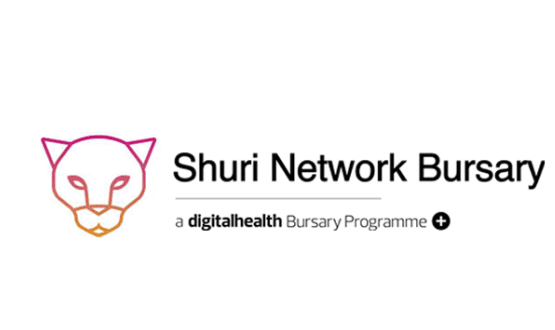Covid-19: Recording of ethnicity data to be mandatory on death certificates
- 29 October 2020

The recording of ethnicity data on death certificates in England is set to become mandatory in a bid to tackle health disparities of Covid-19.
The government’s quarterly report on progress to address Covid-19 health inequalities addresses a number of ways data can be used to better understand why patients from minority ethnic backgrounds are at greater risk from the virus.
Under the recommendations from the Race Disparity Unit (RDU) healthcare professionals would be required to ask patients their ethnicity, which would be transferred to a new digitised cause of death certificate.
That data would then be used to inform Office of National Statistics (ONS) mortality figures.
“The recording of ethnicity as part of the death certification process should become mandatory, as this is the only way of establishing a complete picture of the impact of the virus on ethnic minorities,” the report recommends
“Work is underway across government to develop a solution, taking into account legal, digital and methodological processes, and this must be given sufficient priority.”
A number of data collection processes have been undertaken improve datasets, including the ONS increasing the sample size and monitoring the response rate of the Covid-19 Infection Survey to “ensure the sample of different community population groups is representative”.
Public Health England has added ethnicity to the NHS Test and Trace web-tool, which also includes information on age, sex, postcode and occupation.
Equalities minister Kemi Badenoch said the mandatory recording of ethnicity data in the death certification process “must be a priority for the coming months”.
“It is absolutely imperative that we understand the key drivers of the disparities and the relationships between the different risk factors. That way we can ensure that our response is evidence-driven and targeted appropriately,” she said in a letter to the prime minister health secretary.
The Shuri Network, established to support BAME women in digital health, previously warned the problem cannot be passed between departments as a “hot potato too difficult to confront”.
Health inequalities
The RDU’s recommendations follow Public Health England’s June report that called for the collection and recording of ethnicity data related to Covid-19 to be mandated.
The report, Beyond the data: Understanding the impact of Covid-19 on BAME groups, concluded better data was needed “to deepen our understanding of the wider socio-economic determinants, improve data recording of faith and ethnicity and greater use of community participatory research”.
It found black, Asian and minority ethnic (BAME) people were twice as likely to die from Covid-19.
People of Bangladeshi ethnicity were most at risk with around twice the risk of death compared to white British people. Other BAME groups were also disproportionately affected, with people of Chinese, Indian, Pakistani, other Asian, Caribbean and other black ethnicity having a 10-50% higher risk of death from the virus compared to white British people.
A multitude of reports have highlighted the increased risk to BAME communities during the pandemic, including an Institute of Fiscal Studies report in May which found Covid-19 hospital deaths were three times higher among the black Caribbean population.
Policy thinktank IPPR and race equality think tank Runnymede Trust estimate an extra more than 58,000 additional deaths from Covid-19 could have occurred in England and Wales if white populations experienced the same risks as black populations.




